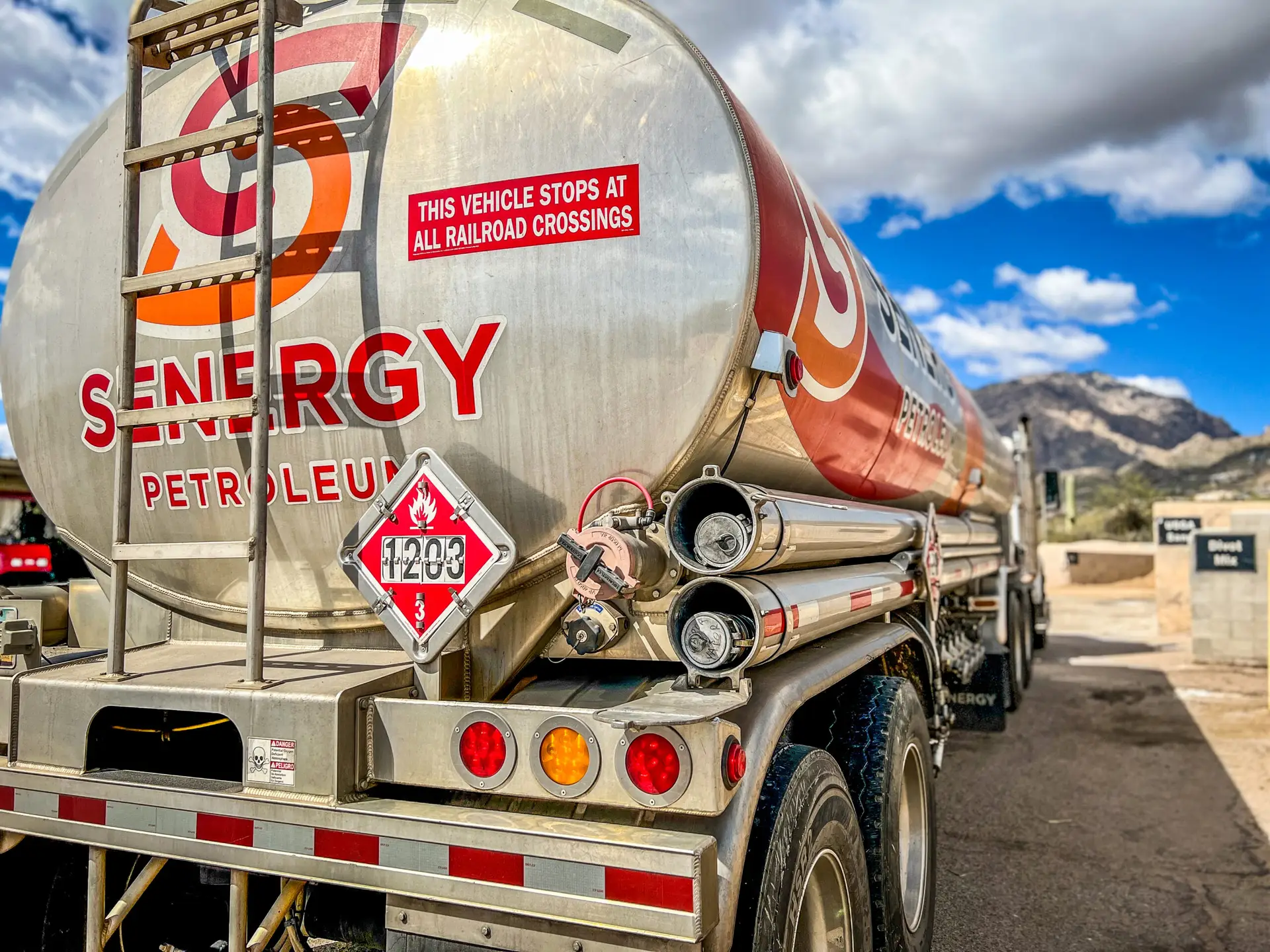For operators in industries such as transportation, agriculture, and construction, diesel is more than just fuel—it’s a critical driver of productivity. Diesel generally falls into two categories: off-road and on-road. On-road diesel, often referred to as clear diesel, is the type found at retail fuel stations and is intended for vehicles that operate on highways. Off-road diesel, distinguished by its red dye, is designated for equipment not licensed for road use.
The key differences between off-road and on-road diesel primarily involve taxation, regulations, and intended applications. Understanding these distinctions helps businesses avoid compliance issues and manage fuel costs effectively. While both types are chemically similar, improper use can result in significant penalties, making awareness essential for all operators.



